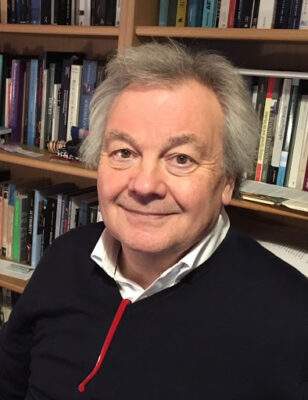
Taking care seriously in education
A philosophical problem for policy

The New Zealand government is in year three of a 10-year strategic plan to build a ‘planned and coherent’ education ecosystem – but it has failed to make any tangible progress. Early childhood is in a state of crisis, crying out for qualified staff, and parents are struggling to afford the cost of childcare worsened by […]
Harrington, C., & Gibbons, A. (2022). Taking care seriously in education: A philosophical problem for policy. PESA Agora. https://pesaagora.com/columns/taking-care-seriously-in-education/








